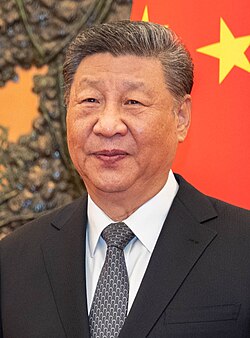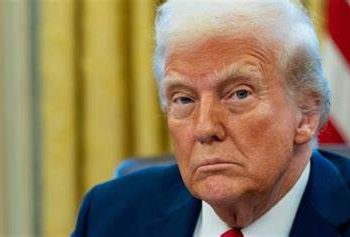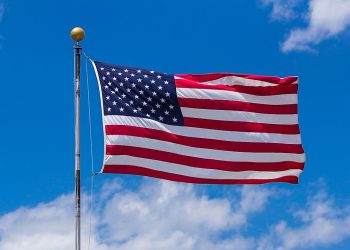China has officially launched a sweeping zero-tariff policy covering all 53 African nations with diplomatic relations, including Nigeria, marking a significant expansion of economic cooperation under the Forum on China-Africa Cooperation (FOCAC) framework.
The announcement emerged from high-level discussions in Changsha between Chinese officials and African foreign ministers, where participants endorsed the Changsha Declaration aimed at deepening bilateral economic partnerships established during the 2024 Beijing Summit.
China’s Ministry of Foreign Affairs confirmed that the initiative will extend zero-tariff treatment to 100 percent of tariff lines for participating African countries, effectively removing trade barriers for African exports to the Chinese market. Only Eswatini remains excluded from the arrangement due to the absence of formal diplomatic ties with Beijing.
The declaration emphasized the growing influence of developing nations and stressed the need for collaborative approaches to global challenges. Representatives from China, the 53 African nations, and the African Union Commission committed to building what they termed an “all-weather China-Africa community with a shared future for the new era.”
The statement directly addressed global trade tensions, criticizing what it described as rising unilateralism, protectionism, and economic coercion. The declaration specifically called on countries, particularly the United States, to address trade disputes through dialogue based on mutual respect rather than confrontational measures.
China’s commitment extends beyond tariff elimination to include comprehensive development support. For Africa’s least developed countries, the package encompasses enhanced market access, streamlined inspection and customs procedures, and expanded technical training programs to facilitate trade.
The Chinese government also pledged support for the African Union’s Agenda 2063, focusing on modernization and sustainable development initiatives across the continent. Plans include implementing the China-Africa Economic Partnership for Shared Development, with cooperation spanning green industries, e-commerce, technology, artificial intelligence, finance, and legal frameworks.
Cultural and educational exchange also features prominently in the expanded partnership, with China announcing the “2026 Year of People-to-People Exchanges” to strengthen interpersonal connections between the regions.
The initiative builds on agreements signed during President Bola Tinubu’s participation in the Beijing summit in September 2024, where he concluded five memoranda of understanding with Chinese President Xi Jinping. Tinubu had praised the China-Africa relationship as a “true testament” to the power of mutual respect and cooperation.
Nigeria’s Foreign Affairs Minister Yusuf Tuggar recently confirmed that the bilateral agreements with China are progressing through various implementation stages, indicating concrete steps toward realizing the expanded partnership goals.
The zero-tariff policy represents China’s largest trade liberalization measure for African partners and comes amid calls from Chinese officials for increased international development assistance to address Africa’s economic challenges. The ministry emphasized that African nations require enhanced support for poverty reduction and infrastructure development rather than aid reductions.
The comprehensive approach signals China’s intention to strengthen its position as Africa’s primary trading partner while providing African economies with improved access to one of the world’s largest consumer markets. The initiative is expected to boost African exports significantly and create new opportunities for economic growth across the co


















